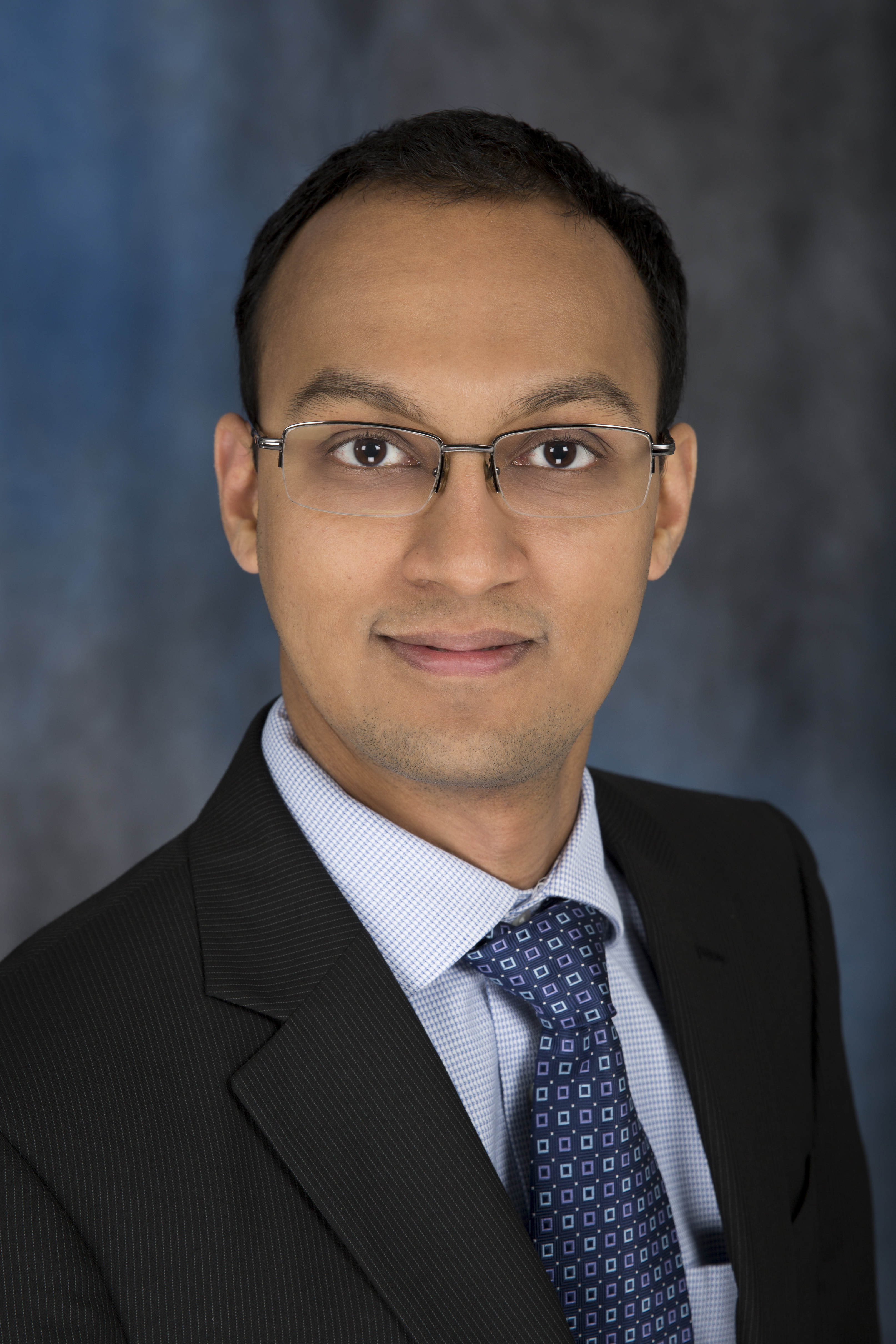Alum spotlight: Sreekanth Rajagopalan
Lauren Smith
May 23, 2024

Source: Sreekanth Rajagopalan
Working in industry, Sreekanth Rajagopalan ('18) is focused on bringing what he develops into practice. "The impact comes from scaling the ideas in a sustainable way to bring them to the world," he says.
Rajagopalan is a research scientist at Dow. He works in the machine learning, optimization, and statistics team within the engineering and process sciences discipline of Dow research and development (R&D).
Dow is a major commodity chemicals manufacturer with a product and process R&D focus on material science. Rajagopalan's team partners with business stakeholders in R&D, operations, supply chain, and commercial functions to develop mathematical models and advanced analytics solutions for decision-making across these functions. The scope of solutions spans from daily operations (for example, how to mitigate disruptions in production) to long-term strategic decisions support (for example, where to make the next capital investment).
Last fall, Rajagopalan was honored as one of 35 Under 35 from the American Institute of Chemical Engineers (AIChE). The award is given to AIChE members who have made significant contributions to the field of chemical engineering and to AIChE. Rajagopalan was recognized in the innovation and entrepreneurship category.
Rajagopalan says the award reinforces the practical applicability of foundational academic work during his Ph.D. to several real-world problems and its impact in the industry. "It is encouraging me to think more about how we can bring ideas in the academic world to industrial practices, especially addressing complex decision-making problems. These include challenges around sustainability and decarbonization," he says.
It is encouraging me to think more about how we can bring ideas in the academic world to industrial practices.
Sreekanth Rajagopalan, Research Scientist, Dow
As a Ph.D. student in Nick Sahinidis' group, Rajagopalan was part of a project funded by Dow, investigating how to plan and schedule the large maintenance turnarounds for the industry through mathematical optimization. "These large plants undergo maintenance every so many years for several weeks," he explains. "When that happens, you're spending a lot of money for the maintenance while incurring revenue losses associated with the downtime." Rajagopalan built mathematical models to help Dow plan better and to quantify the impact of doing the maintenance turnarounds in different ways within a highly interconnected chemical complex and under uncertainty.
Rajagopalan recalls that meeting with an industrial mentor every other week helped him understand and appreciate the problem as he worked to solve it. The challenges to implementing something in practice are quite distinct from the challenges in developing a model on the computational or academic side. "You pick up a lot of complementary technical and soft skills as you progress in the solution development. It has been an enriching experience to see what's important in both these worlds," he says.
After he completed his Ph.D., Rajagopalan joined Dow to continue his work in the area of mathematical modeling for maintenance planning. He works on related applications across the manufacturing function within Dow. "The decision-making areas I apply these tools and models to are quite different now, in terms of scale, stakeholders, and functions," he says. He is also working with the supply chain organization to develop mid-term to long-term production planning solutions.
The process systems engineering group in Carnegie Mellon's Department of Chemical Engineering is where Rajagopalan learned to broaden his systems thinking skills after earning a bachelor's degree from the Indian Institute of Technology Madras. These skills have proven integral to his team's work at Dow. He has also found a lot of value in electives he took at CMU's Tepper School of Business. "The Department of Chemical Engineering is well connected in terms of the interdisciplinary research at CMU," he says. "The Center for Advanced Process Decision-making (CAPD) has been pivotal in the development of my professional network. There is also the operations research at Tepper, strong programs in machine learning and computer science, and the Scott Institute for Energy Innovation."
These interdisciplinary connections underscore the versatility of chemical engineering. "ChemE as a field enables you to delve into different sub areas," says Rajagopalan. "You can work in an area that's totally in the chemistry side, things like polymer science or materials science. Or, you can work in systems biology, or in the process world."
"In the field of chemical engineering, there are lots of interesting problems to address in industry with lots of practical applications stemming from fundamental research. You're not siloed in one area," he adds. From his studies in chemical engineering, Rajagopalan draws on the mix of systems thinking, operations, and mathematical modeling that has prepared him to be a leader in solving some of these problems.
